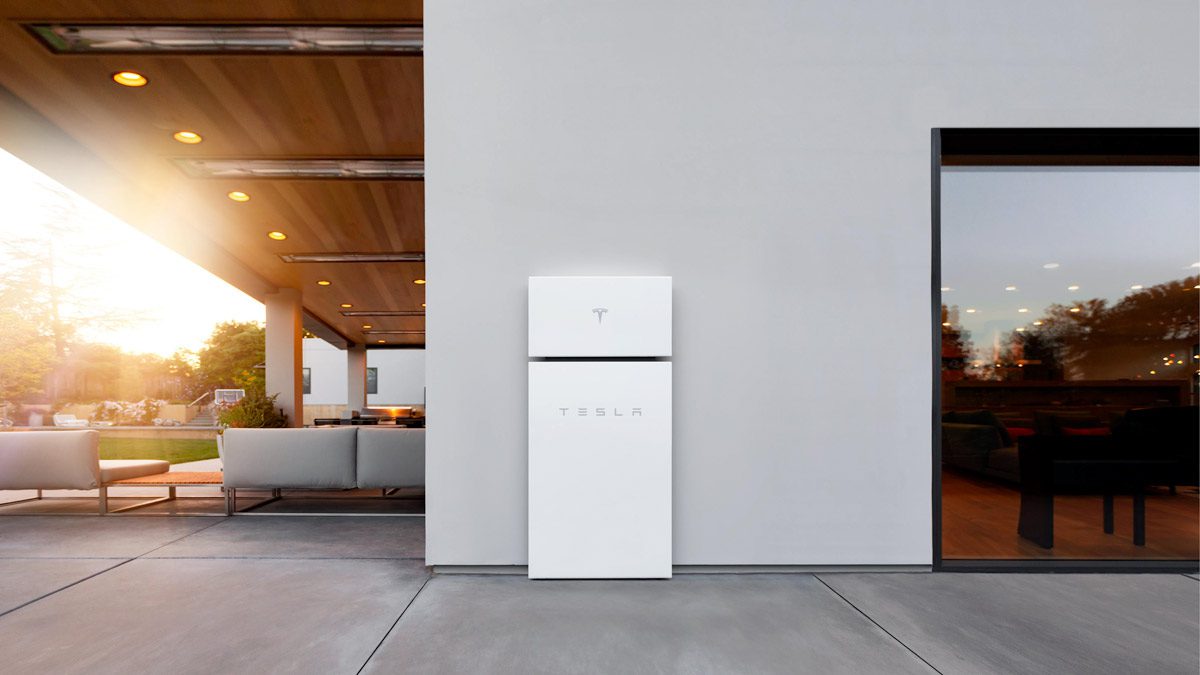Another emerging player in Australia’s energy market has called on energy regulators to ditch plans for a capacity mechanism, arguing that installing more energy storage capacity would be a better way to solve the current crisis facing electricity markets.
“There is a solution to Australia’s energy crisis available right now,” Amber Electric co-CEO Chris Thompson said.
“There are already 150,000 people in Australia with household batteries. If every battery was automated to discharge when the grid needed it most, we could replace three fossil fuel power stations the size of the Quarantine Station in South Australia tomorrow and reduce energy prices for everyone.
“If 3 million homes currently with solar got a battery, we could meet more than half of the coal and gas demand at peak time, displacing dirty power from more than 60 gas fired power plants with green energy.
“This is where Energy Ministers should be focusing their policy. Incentivising household storage is a no brainer. Forget the capacity mechanism, focus on a storage target,” Thompson added.
The proposed capacity mechanism, which would involve payments to dispatchable generators in return for guaranteeing their availability to supply power into the grid during periods of high demand, has emerged as a controversial part of a planned overhaul of the design of the National Electricity Market.
There are fears the capacity mechanism could work to prop-up ageing coal and gas generators, delaying their retirement and the broader transition to cleaner energy sources.
Federal climate change and energy minister Chris Bowen has stressed that any such mechanism would need to be consistent with national emissions reduction targets.
But many within the clean energy sector have argued that the introduction of a national target for energy storage capacity would be a more effective way of solving current market challenges without undermining progress towards decarbonisation.
In making the pitch for more support for battery storage systems, Thompson argued that much of the current energy market crisis had been caused by volatility in global fossil fuel prices.
“We are facing an unprecedented energy crisis because Australia is still reliant on expensive and unreliable coal and gas generators which are completely beholden to market volatility,” Thompson said.
As a newer electricity retailer, Amber Electric offers its customers the relatively unique ability to buy power at prices that reflect the real-time wholesale market price – albeit with the benefit of the protection of hedging contracts that compensate customers when prices are high.
The pricing model allows households with battery storage to optimise when electricity is fed back into the grid, or used within the home, to take advantage of intra-day variations in wholesale electricity prices.
Thompson says that incentivising households to install additional battery storage systems could allow households to gain some benefit from the higher wholesale prices.
“Australians who have a battery and are sick of Australia being held hostage to these fossil generators can make a difference today – simply by dispatching energy to the grid when it needs to most,” Thompson said.










